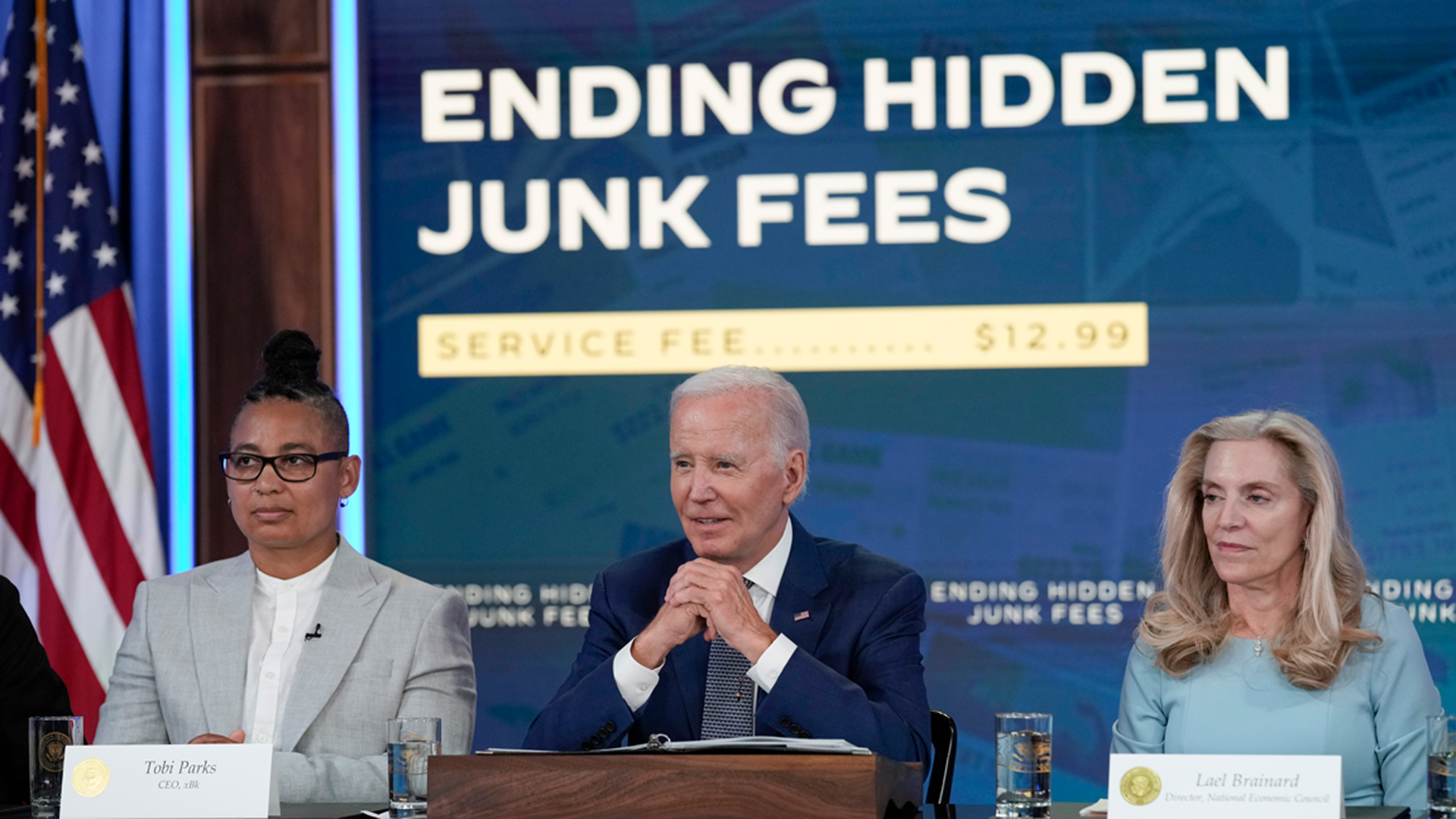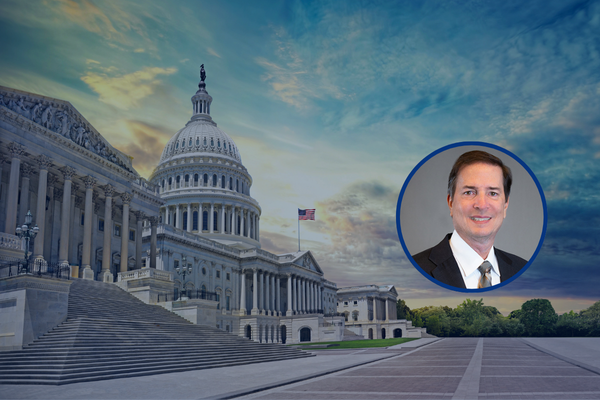
Consumer Financial Protection Bureau’s War on Junk Fees
Categories:
The CFPB initiated a public inquiry on junk fees, which resulted in tens of thousands of people sharing their stories and complaints about unnecessary and potentially illegal fees. Here are a few of the many published articles: ‘Fighting Junk Fees,’ ‘The CFPB is Cleaning Up Junk Fees,’ and ‘Consumer Bureau Proposes Overdraft Fee Limits for Large Banks.’ The CFPB’s primary goal is protecting consumers from being harmed by financial institutions (FIs) taking advantage of low to moderate-income individuals. However, Rohit Chopra zeroed in on overdrafts, a resource that is helpful to many consumers, labeling them “Junk Fees,” igniting a war on overdraft protection, fees, and NSF fees.
How Did the War on Junk Fees Start?
In 2023, CFPB pounded opinion pieces on the “harmful” fees that FIs charge to generate revenue. Data from the ‘Making Ends Meet’ report reviewed 2,136 consumers and found that many American families were unprepared for delinquencies. The report only looked at 2,136 individuals out of the 107.9 million households that are “banked” in America. Reviewing such a small sample group makes the data statistically insignificant. However, the report pointed out an important fact—Americans struggle to make ends meet.
While this is not news to most Americans, it was new information to the CFPB. So, following the data collection, the CFPB dug into all banking fees, believing that banks were using fees to profit off the misfortune of their account holders.
The CFPB, in a proactive stance, followed up this white paper with another, making bold claims with the head-turning title ‘Junk Fees Updated- Special Edition.’ They targeted unfair NSF fees, re-presented items, and overdraft fees on items authorized positive settle negative. They did not stop there. To put more fuel on the fire, they followed up with three more white papers- ‘Consent Order Against Bank of America,’ ‘Circular on ‘Unanticipated Fees’,’ and ‘Overdraft/NFS Fee Reliance.’ All focused on how the fees FIs are charging their consumers are “unfair,” “predatory,” “unwelcome,” and “unnecessary.” The CFPB’s main concern seems to be that banks and credit unions are using fees to create revenue, and FIs shouldn’t be able to make so much money from fees.
Where is the CFPB Data Coming From?
The CFPB analyzed 425 banks’ annual fee data from 2015-2019. They also studied a smaller group of 238 banks for quarterly analysis. Interestingly, these two groups represented 97.2% of fees assessed in 2015 and 90.7% in 2019. The study showed that the “Big Three in National Banking,” JP Morgan Chase, Wells Fargo, and Bank of America, profited from fees with little consideration for compliant, disclosed programs and for charging for re-presentments and AP/SN transactions. After reviewing these three colossal FIs, the CFPB extrapolated that all FIs were using fees to turn a profit- instead of offering these programs to help their consumers.
What is the CFPB’s Proposal?
The CFPB proposed rule is just one of the CFPB’s multi-front agendas to “protect” consumers from “unlawful” NSF and other “Junk fees.” In January 2024, the CFPB shook up the industry by announcing a game-changing—possibly game-ending—rule regulating overdraft fees. The CFPB proposed that FIs should only charge fees based on the cost of the service to the Financial Institution. They suggested four fees: $3, $6, $7, and $14. Many FIs panicked and focused on the proposed $3 fee.
How Did the CFPB Determine These Fee Numbers?
The CFPB did not just pull these numbers out of thin air. the numbers actually came from data provided by FIs with over $10B in assets, ignoring the over 4,000 community-sized banks in America. The calculation divided charge-off losses by the number of non-Reg Z overdraft transactions paid and returned. The CFPB then added $1 per transaction for “cost of funds and operational costs.” The analysis provided four numbers: $3 and $6 for FIs with the lowest losses and $7 and $14 for the FIs with the highest losses. Now that we better understand where these numbers come from, let’s dive into the uncertainty they cause.
Will Overdraft Programs Go Away?
No, we are confident that overdraft programs will not disappear. Some FIs considering a $3 overdraft fee think, “We can’t afford to operate at $3, we should stop providing overdraft to our consumers” While this view is understandable, these fears can be overcome with expert guidance in overdraft protection. Taking away the protection of a compliant overdraft program will send consumers into the arms of payday lenders, which is something all community FIs want to avoid.
“A government price cap on overdraft will not decrease the price of this product, but instead lead banks not to offer the product at all. If the proposal is finalized, the Bureau will deprive customers of a critical source of short-term liquidity, leading them to turn to expensive nonbank providers.”
– Iowa Bankers Association
“The CFPB contends that consumers will significantly benefit from this proposed rule; however, evidence suggests otherwise, as consumers actively choose to enroll in overdraft programs even after receiving comprehensive, transparent, and meaningful written program disclosures. Additionally, contrary to the CFPB’s portrayal, overdraft fees are not deemed unfair or deceptive, nor should they be labeled as ‘Junk Fees.’”
– Nevada and California Credit Unions
Our clients approach overdraft as a service to consumers, one that is fully compliant and disclosed. Most community FIs want to keep their account holders from turning to other options such as payday lenders or incurring other fees.
When Susan checks her bank account and sees she is short on funds, but her rent is due, she knows she has the safety net of overdraft privilege. She can choose to pay an overdraft fee rather than risk a late payment. This convenient option helps her avoid potential consequences like credit damage and additional fees. By having access to a transparent overdraft service in place, Susan is saved from facing harsh repercussions.
What Happens When You Partner with Us Now
- We can help you assess the true cost of providing overdraft services. You can defend the fee against the CFPB’s break-even numbers.
- You have a compliant and disclosed program, with fees in line with your costs and market, increasing the value you bring to your consumers.
- You are not facing examiner scrutiny on your own. Our 100% compliance guarantee will bring you peace of mind.
- Consumers will be more likely to bank with you because your overdraft program will be well-disclosed and easy to understand.
- When the agencies make a change, you are secure because of our written 100% compliance guarantee and knowledge of all federal and state requirements.
Looking Forward
It should not be surprising to read that the CFPB’s crackdown on “Junk Fees” has ignited a heated debate across all FIs. While they mean well and aim to protect consumers, their broad approach raises many concerns about how it will impact FIs and consumers. Having a better understanding of where the CFPB is coming from can help FIs better strategize their response to the ruling. When partnering with an expert in the overdraft protection realm, FIs can gain guidance on navigating the complex world of overdraft fees. Staying ahead of the ruling and being in front of the curve can help keep your FI consumer-centric and help you slowly move away from relying solely on overdraft fees for revenue.
For more on this topic, check out our webinar, “The most effective ways to preserve income and mitigate risk exposure.“
Contact your local representative to learn more about what we offer or how to receive a complimentary evaluation.
About ADVANTAGE, powered by JMFA
ADVANTAGE is a leading provider of consultation services for credit unions and community banks. With a long-standing 40-year history of excellence, we help our clients navigate the ever-changing financial landscape, providing solutions that give them a competitive advantage. Our services include account acquisition, overdraft compliance consulting, contract negotiation, and technology strategy and selection. From growing market share and improving non-interest income to contract negotiations and technology strategy, our experts offer you and your account holders the best solutions.
To subscribe to our news and updates, visit advantage-fi.com/newsletter.




